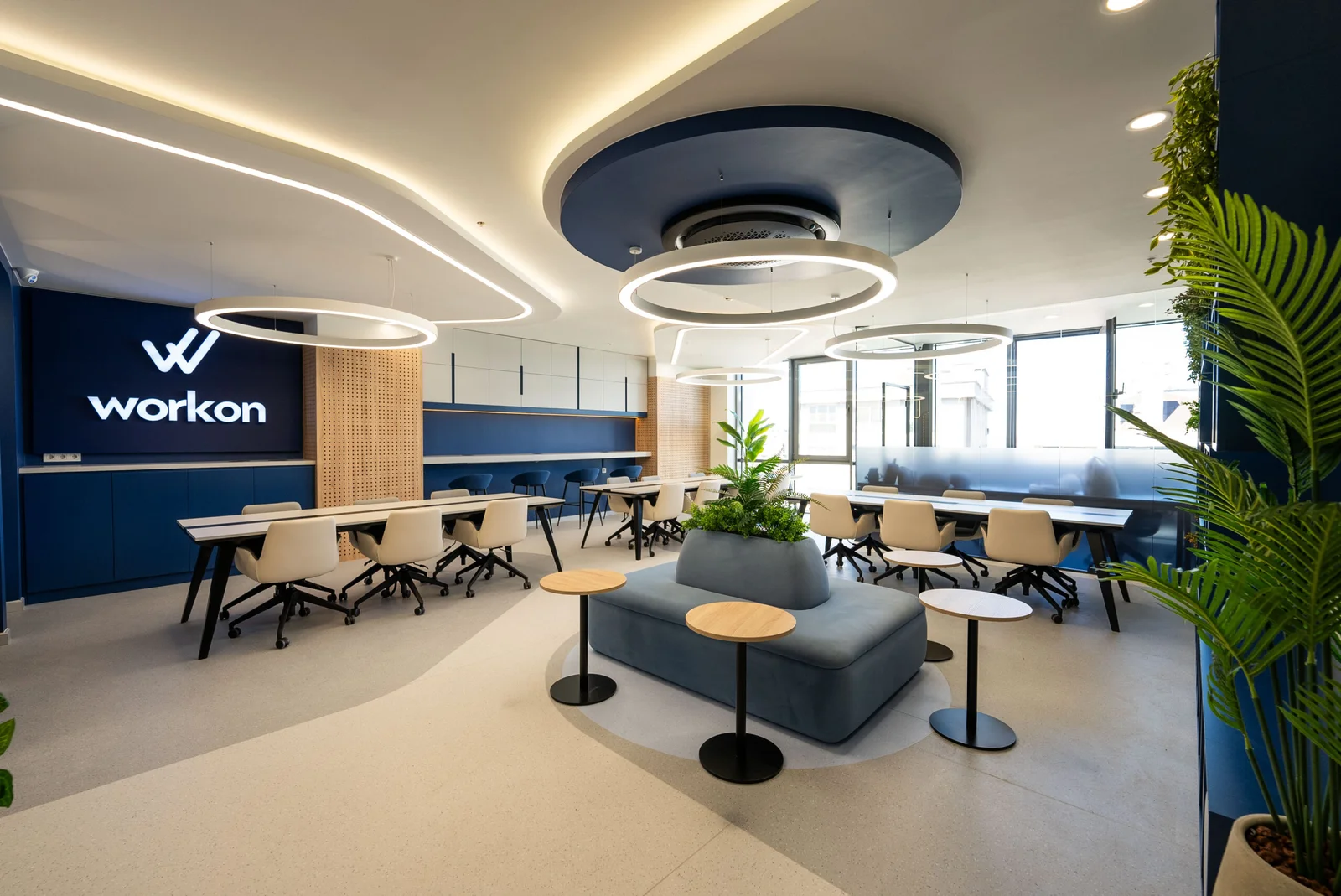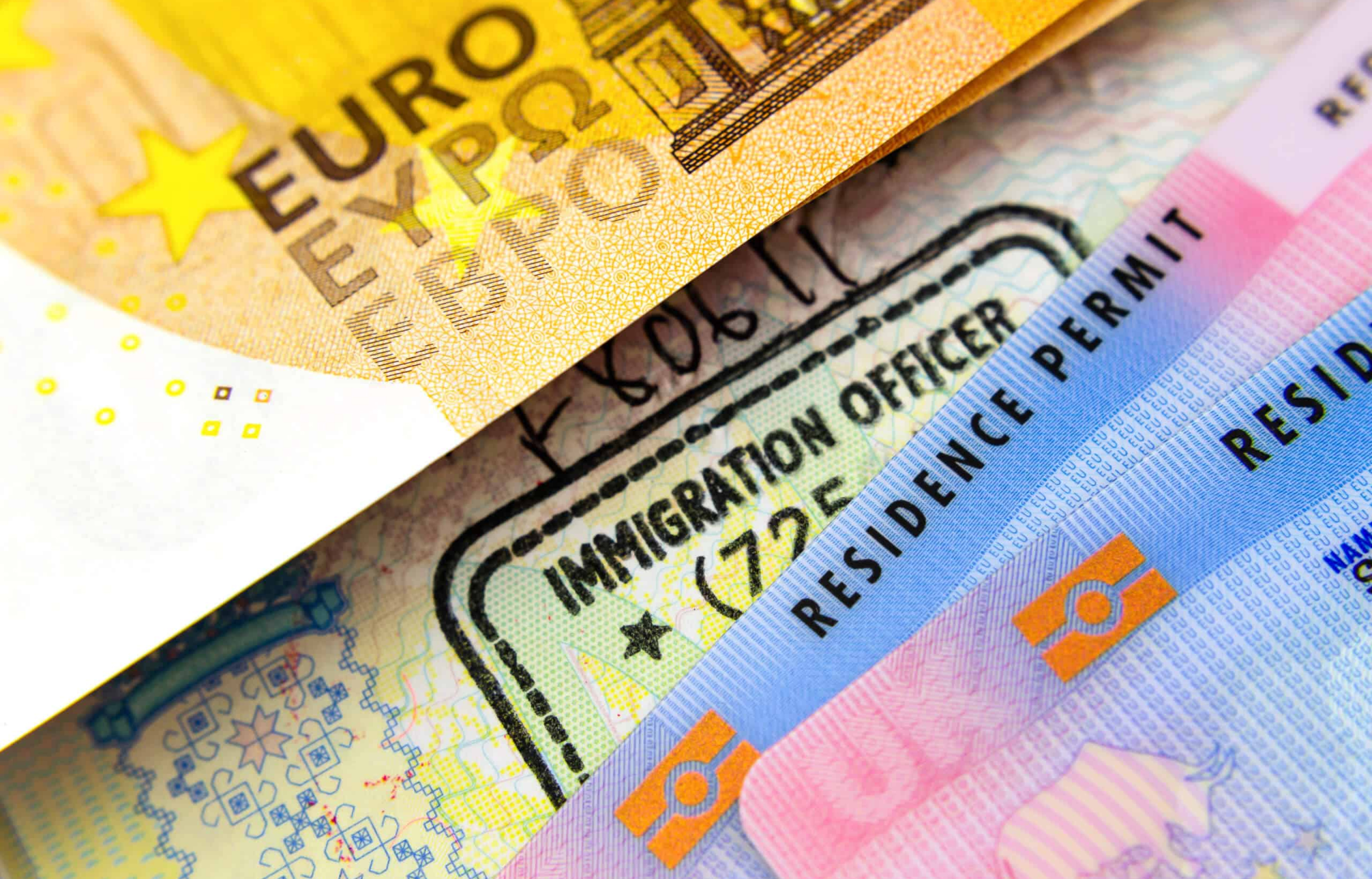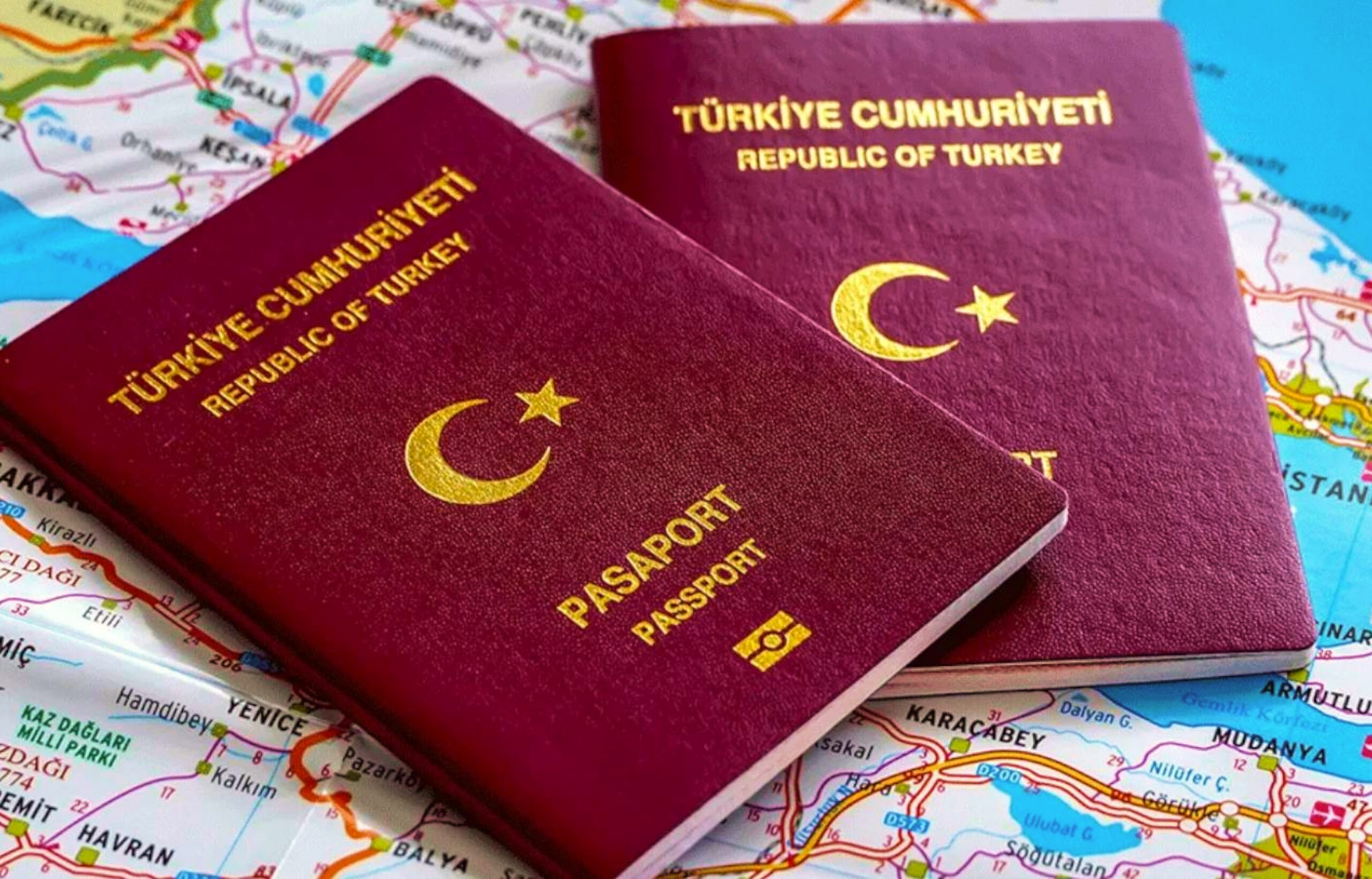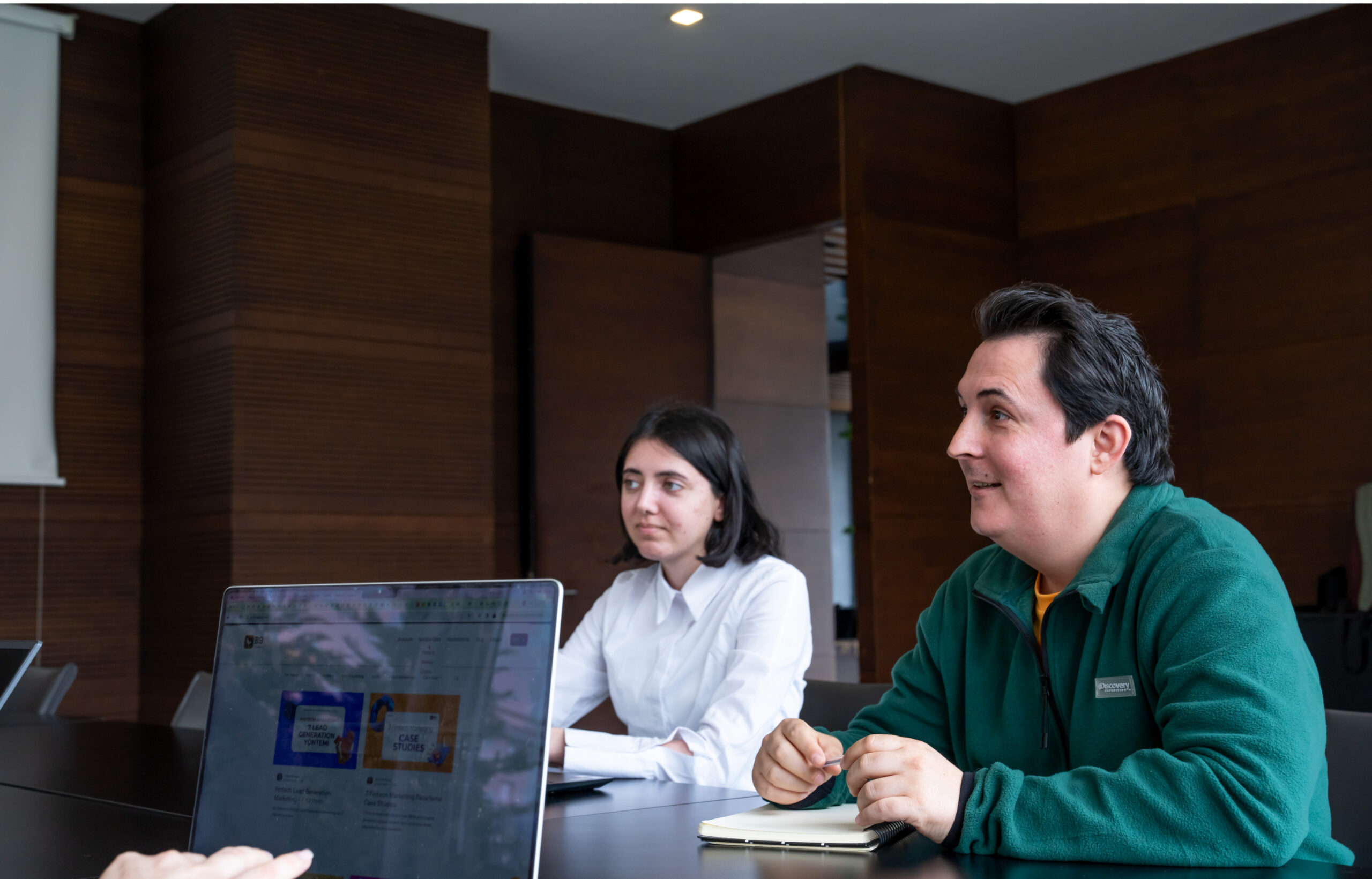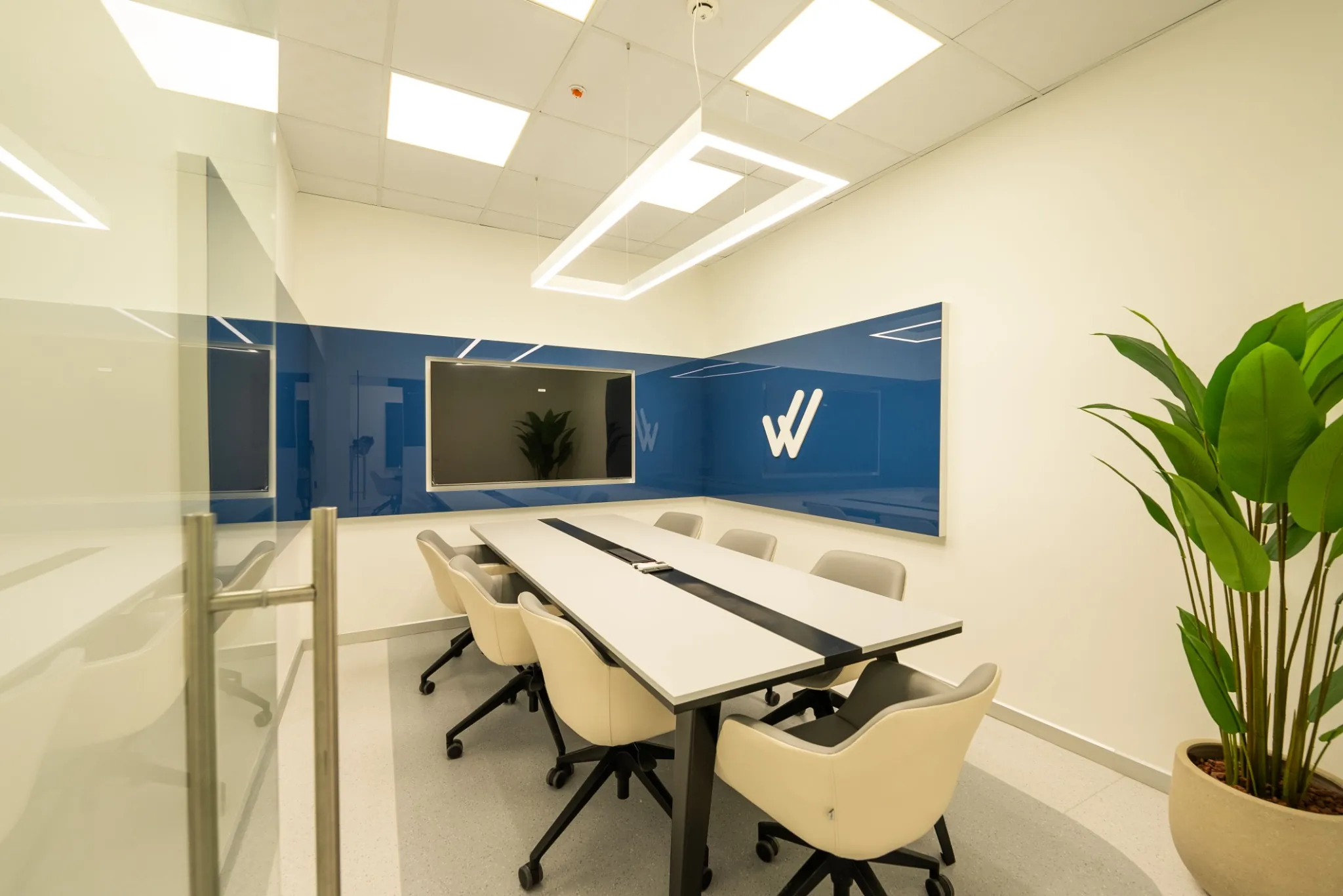
Navigating the Turkish Business Visa Landscape

Turkey, strategically positioned between Europe and Asia, offers a vibrant environment for international business. This unique location provides exciting prospects for entrepreneurs and investors. However, to truly succeed, a strong understanding of the Turkish business visa system is essential. Securing the correct visa is the first crucial step towards a prosperous venture.
Single-Entry Vs. Multiple-Entry Visas
One of the initial decisions facing business travelers is selecting between a single-entry and a multiple-entry visa. A single-entry visa, as its name implies, permits only one entry into Turkey for a predetermined timeframe. This option is ideal for short, specific business trips, such as attending a conference or a critical meeting. For instance, a single-entry visa would be sufficient for a one-time negotiation with a local supplier.

Simplify your business setup with Workon’s all-in-one company registration service in Turkey.
A multiple-entry visa, on the other hand, allows for greater flexibility. It’s designed for those requiring repeated visits to Turkey within the visa’s validity period. This is particularly advantageous for professionals involved in long-term projects or collaborations requiring regular travel. Consider a project manager overseeing a construction site in Turkey: a multiple-entry visa would simplify their travel logistics considerably.
Why Understanding Your Visa Category Matters
The specific type of business visa you acquire directly influences the activities you’re permitted to undertake during your stay. It’s important to understand that a business visa typically does not authorize employment within Turkey. It facilitates activities such as business meetings, market analysis, conference attendance, and exploring potential partnerships. Understanding this distinction is vital, as engaging in unauthorized work can result in visa violations and serious consequences.
Turkey actively encourages foreign investment and entrepreneurship through its business visa policies. Over time, the application process has become more efficient, particularly with the implementation of the e-Visa system. This system allows applicants to obtain their visas quickly and conveniently online through platforms like www.evisa.gov.tr. More detailed information on Turkish visas can be found here: Visa Information for Foreigners
Tips For A Successful Application
A successful business visa application requires careful planning and thorough preparation. Clearly outlining your business objectives, providing comprehensive documentation, and demonstrating genuine business interests are essential. Also, be sure to research any specific requirements based on your nationality. This proactive approach significantly improves the chances of a smooth and trouble-free application experience.
For those considering business ventures beyond Turkey, researching visa options in other key markets is beneficial. For example, you can learn more about various UK Visa Types. A well-prepared application is crucial for unlocking the many opportunities that await in the Turkish business landscape.
Essential Requirements for Turkish Business Visa Success
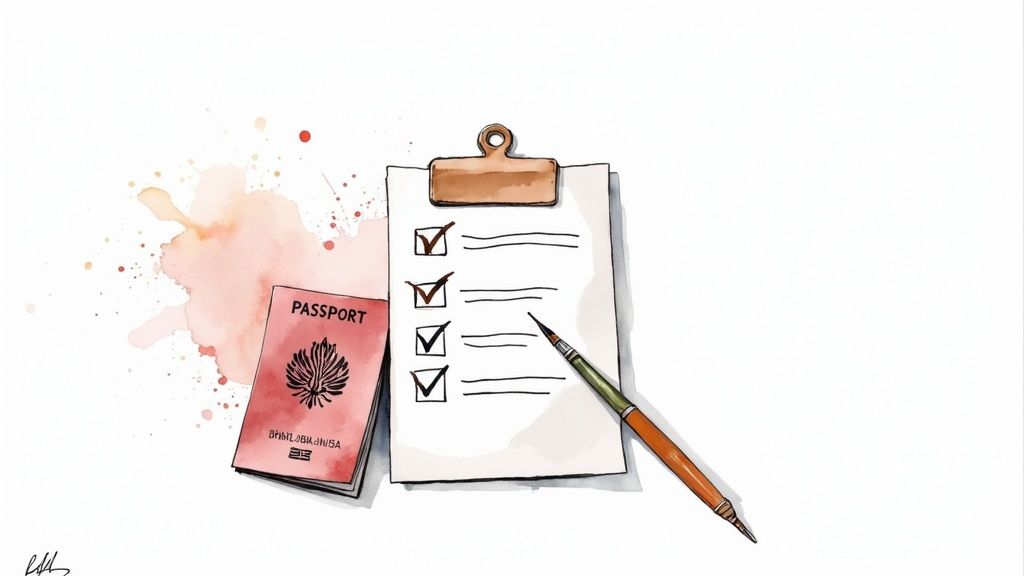
Securing a Turkish business visa involves more than just completing the application form. It demands a strategic approach to compiling the necessary documents, presenting a clear picture of your business goals, and showcasing your commercial intentions effectively. Let’s delve into the key components of a successful application.
Proving Your Business Purpose
The foundation of any successful business visa application rests on clearly documented business objectives for your visit to Turkey. A detailed itinerary outlining planned activities, meetings, and prospective partnerships is essential.
For instance, if your trip revolves around attending a trade fair, include your registration confirmation and event specifics. A well-structured invitation letter from a Turkish company adds significant weight to your application.
This letter should explicitly state the purpose and duration of your visit and confirm the established business relationship.
Financial Documentation: Showing You Mean Business
Demonstrating sufficient financial means is critical. This reassures Turkish authorities of your ability to support yourself during your stay without engaging in unauthorized employment.
Bank statements, supplemented by documents demonstrating your business’s financial stability, are typically required. These documents confirm your capacity to cover expenses related to travel, accommodation, and business activities.
Nationality-Specific Requirements: A Crucial Factor
Visa requirements can vary depending on your nationality. Some nationalities may be eligible for an e-Visa, streamlining the application process. Others may require a traditional application through a consulate.
All applicants must possess a passport valid for at least six months beyond their intended entry date into Turkey. This is a critical condition upheld by the Turkish Ministry of Foreign Affairs, which aims to maintain a transparent and accessible visa process, reflecting Turkey’s strategic position bridging Europe and Asia.
Therefore, researching the specific requirements for your country well in advance is crucial. For more details, visit the official source for Turkish visa requirements.
To further clarify these requirements, let’s look at the table below:
Business Visa Requirements by Country Category
This table shows the different documentation requirements based on the applicant’s country of origin.
| Country Category |
Required Documents |
Processing Time |
Visa Duration |
| Category A (e.g., EU countries, USA, Canada) |
Online application, passport valid for 6+ months |
1-3 business days |
Up to 90 days |
| Category B (e.g., Russia, China, India) |
Application at consulate, passport valid for 6+ months, invitation letter, financial documents |
5-10 business days |
Variable, up to 60 days |
| Category C (e.g., some African and Asian countries) |
Application at consulate, passport valid for 6+ months, invitation letter, financial documents, additional documentation may be required |
10-15 business days |
Variable, typically shorter durations |
Note: This table provides a simplified overview. Specific requirements can vary, so always consult the official Turkish Ministry of Foreign Affairs website.
As the table illustrates, processing times and required documents can differ considerably. It’s vital to prepare accordingly to avoid delays or application rejection.
Demonstrating Genuine Business Interests
Turkish authorities carefully assess applications for genuine business intent. Providing evidence of current business relationships, potential collaborations, or investment plans strengthens your application considerably.
This evidence could include contracts, agreements, or correspondence with Turkish businesses. You may find the criteria for investing in Turkey outlined in this article helpful: Criteria to consider when investing in Turkey.
Avoid exaggerating or misrepresenting your intentions, as this can raise concerns and jeopardize your visa application. Successfully securing your business visa depends on thorough preparation and a convincing presentation of your planned business activities in Turkey.
Mastering the Application Process Step-by-Step

Obtaining a business visa for Turkey can often seem like a daunting task. However, by understanding the process and preparing accordingly, you can transform this challenge into a manageable and successful experience. This section provides a clear roadmap to help you navigate the Turkish business visa application process with confidence.
Understanding the Application Types
The first step is identifying the correct application type. For many nationalities, the e-Visa system offers a convenient online application process. Through this digital platform, you can complete the application, submit documents, and pay the fee entirely online.
However, some nationalities may require a traditional application through a Turkish consulate. This typically involves submitting physical documents and possibly attending an interview. Understanding which path applies to you is crucial for a smooth application experience.
Precise Form Completion: Avoiding Common Pitfalls
Accurate form completion is essential, regardless of whether you apply online or through a consulate. Even small errors can result in delays or rejection. Carefully review every detail and ensure all information aligns perfectly with your supporting documentation.
For instance, double-check that the name on your application matches your passport exactly. This meticulous approach will significantly improve the processing time of your business visa application.
Timing Your Submission Strategically
The timing of your application submission can considerably influence the processing speed. Try to avoid peak seasons when high application volumes can lead to longer processing times.
Submit your application well in advance of your planned travel dates. This allows ample time for processing and accounts for any unforeseen delays. This proactive approach minimizes the risk of last-minute issues. For more information about doing business in Turkey, see this guide: How to open a business in Turkey – A comprehensive guide.
Presenting Your Business Case Confidently
In addition to the required documents, a clear explanation of your business purpose can strengthen your application. Concisely outline your intended activities, meetings, and partnerships in Turkey to demonstrate genuine business interests.
A well-written invitation letter from a Turkish company can further reinforce your application. This letter should clearly state the purpose and duration of your visit, adding further legitimacy to your business trip.
Building a Positive Application History
For frequent travelers, maintaining a positive application history is beneficial. This involves consistently providing accurate information, complying with visa regulations, and avoiding any visa violations.
A clean record demonstrates reliability and can simplify subsequent applications, saving you time and effort in the future.
Key Takeaways for Application Success
- Accurate Information: Verify all details for accuracy.
- Complete Documentation: Gather all required documents.
- Timely Submission: Apply well in advance of your travel.
- Clear Business Purpose: Articulate your business goals effectively.
- Positive History: Follow visa regulations to maintain a good record.
By understanding and diligently applying these steps, you can confidently navigate the Turkish business visa application process. This preparation allows you to focus on the most important aspect of your trip: maximizing your business opportunities in Turkey.
Leveraging Turkey’s E-Visa System For Business Success

The e-Visa system has greatly simplified the process of obtaining a Turkish business visa for citizens of many countries. This online platform offers a fast and convenient method for eligible applicants. However, understanding the system’s details is key to maximizing its advantages. This section explores how to effectively use the e-Visa system for a smooth arrival in Turkey.
Navigating The E-Visa Application Journey
The e-Visa application process is generally user-friendly, but certain crucial steps require careful attention. The first step involves accurately completing the online application form. This includes providing all the necessary personal and travel information, ensuring it precisely matches the details in your passport.
For example, the name on your application must exactly match your passport to avoid any processing delays. Accurately providing information upfront can save you time and potential complications later on.
Additionally, correctly uploading the required documents is essential. This typically includes a clear scan of your passport’s photo page and a recent passport-sized photograph. Ensure these documents are legible and adhere to the specified format requirements.
Avoiding Technical Obstacles And Delays
While the e-Visa system is designed for efficiency, technical problems can occasionally occur. Maintain a stable internet connection throughout the application process to prevent data loss or interruptions. Using a compatible browser can also prevent compatibility issues that might hinder your application.
If you experience technical difficulties, the e-Visa website often provides helpful troubleshooting guidance. This resource can assist in resolving common problems and keep your application moving forward. This proactive approach can save valuable time and prevent unnecessary frustration.
While precise figures for business visas may not be readily available, it’s important to understand the broader context. Turkey’s growing role in global trade and commerce means a significant volume of business visitors utilize the e-Visa system. You can find more detailed statistics on the official website of the Turkish Statistical Institute: TÜİK.
Understanding E-Visa Parameters And Limitations
The e-Visa is ideal for specific business activities, such as attending meetings, conferences, or exploring market opportunities. However, it’s essential to understand its limitations. The e-Visa does not authorize employment in Turkey. For work purposes, a traditional work permit and visa are necessary.
If your business activities involve extended stays or more complex arrangements, a traditional consular visa might be a better fit. Understanding these distinctions helps determine whether the e-Visa aligns with your specific business needs. This knowledge can help you avoid delays and ensure a successful business trip to Turkey. Choosing the correct visa type from the beginning is crucial.
Understanding Visa Timeframes and Legal Boundaries
Receiving your business visa for Turkey is certainly exciting. However, it’s essential to understand the details of its timeframe. Your visa’s validity begins on the date it’s issued, not the date you arrive in Turkey. This key difference between visa validity and permitted stay duration often trips up business travelers.
Understanding this distinction is crucial to avoid penalties. For instance, a 90-day multiple-entry visa issued on January 1st is valid for six months, allowing you to enter Turkey multiple times until June 30th. But, your total stay in Turkey cannot exceed 90 days within that six-month period. This remains true even if your first entry is in June.
Calculating Your Legal Presence in Turkey
Calculating your permitted stay requires careful monitoring, particularly with multiple entries. Maintain accurate records of your entry and exit dates. This diligence helps ensure you stay within your visa’s legal limits. Overstaying, even by accident, can lead to fines and problems with future visa applications.
Successfully managing these timeframes is key to maximizing your business activities in Turkey. Plan your trips strategically to ensure you have enough time to achieve your objectives within the visa’s permitted stay duration.
Transitioning to Residence Permits
As your business in Turkey grows, you might want to stay longer than your initial visa allows. This is where residence permits come in. The number of business visas granted has increased significantly, with many countries now having access to multiple-entry visas for up to three months. Despite this progress, the main hurdle for applicants is often the need to convert their business visa into a residence permit to stay longer than the initial 90 days allowed. Explore this topic further
A business visa doesn’t automatically give you the right to work in Turkey. If you plan to work, you must obtain a work permit. A residence permit combined with a work permit allows for an extended stay and legal employment.
Managing Multiple Entries and Exit Requirements
Multiple-entry visas offer valuable flexibility for frequent business travelers. However, this flexibility comes with responsibility. Each entry uses up days from your 90-day allowance, so careful tracking is essential. Turkey actively monitors exit compliance, so overstaying your permitted duration can have repercussions.
Understanding these timeframes and legal boundaries is as important as having the visa itself. This preparation allows you to focus on your business goals, confident that you’re complying with Turkish visa regulations.
Insider Strategies for Business Success in Turkey
Securing your business visa for Turkey is just the first step. True success hinges on understanding the nuances of Turkish business culture and using them to your advantage. This involves navigating meeting protocols, respecting local traditions, and building strong relationships.
Mastering Turkish Business Etiquette
Turkish business culture values relationships and trust. Initial meetings often focus on establishing rapport instead of immediately discussing business. For example, offering Turkish coffee and engaging in polite conversation beforehand is customary. This shows respect and creates a positive environment. You might be interested in: Adapting to Turkish Business Culture.
Punctuality is appreciated, but flexibility is also expected. While sticking to schedules is important, small delays aren’t generally an issue. However, significant lateness without prior notice can be seen negatively.
Navigating Meeting Protocols and Transportation
Meetings typically follow a formal structure. Addressing people with the appropriate titles and showing respect for seniority are key. Business cards are exchanged, and reviewing a received card demonstrates respect. Formal dress code, such as suits and professional attire, is the norm.
Efficient transportation is essential for maximizing your time. Istanbul, a major commercial center, offers various options. Understanding the city’s layout and pre-planning routes can save time and ensure you arrive on time. Istanbul Airport (IST) provides excellent city connections via taxi, Havaş shuttle buses, and the metro. Researching the most suitable route is advisable. This minimizes travel time and creates a positive impression.
Leveraging Networking Opportunities
Turkey has a dynamic business ecosystem with many networking events in cities like Istanbul, Ankara, and Izmir. Attending these offers valuable chances to connect with potential partners, investors, and clients. Turkey has seen a rise in international business travelers due to its strategic location and growing economic power. E-Visas have streamlined this, allowing for quick processing. Find more detailed statistics here.
Cultural Intelligence: Turning Visits into Partnerships
Understanding Turkish business etiquette can significantly influence outcomes. While gifts aren’t required, small, thoughtful ones can be appreciated. Avoid overly expensive or personal gifts, as this could be misconstrued.
Being mindful of cultural sensitivities is also important. Avoid discussing sensitive political topics during initial business meetings. Focus on developing professional relationships built on mutual respect and shared business interests. This fosters trust and forms the basis for lasting partnerships.
The following table outlines some of the major business hubs you might visit in Turkey.
Major Business Hubs in Turkey
| City |
Business Specialization |
International Connections |
Business Facilities |
| Istanbul |
Finance, tourism, manufacturing, logistics |
Extensive air and sea connections |
World-class convention centers, modern office spaces |
| Ankara |
Government, administration, defense industry |
Well-connected by air and land |
Government agencies, research institutions |
| Izmir |
Manufacturing, trade, tourism |
Major port city, international airport |
Trade fairs, industrial zones |
| Bursa |
Automotive, textile, agriculture |
Proximity to Istanbul, industrial zones |
Manufacturing plants, logistics hubs |
| Antalya |
Tourism, agriculture |
International airport, resort city |
Conference venues, tourism infrastructure |
This table highlights the diverse specializations and strong infrastructure that support businesses across these key Turkish cities.
Ready to establish your business presence in Turkey? Workon offers comprehensive support for company formation, legal compliance, and ongoing operations in Turkey. Let us help you navigate the Turkish business landscape and reach your full potential.
A business visa allows foreign nationals to enter Turkey temporarily for meetings, trade fairs, and other commercial activities without engaging in full-time employment.
You can apply through the Turkish consulate or embassy in your country. Required documents typically include an invitation letter, passport, and proof of financial means.
Processing times vary by country but typically take between 5 to 15 business days after submitting all required documents.
No, a business visa cannot be directly converted. You must apply separately for a work permit or residence permit from within Turkey.
Yes, in most cases, an official invitation letter from a Turkish company is required to support your visa application.
